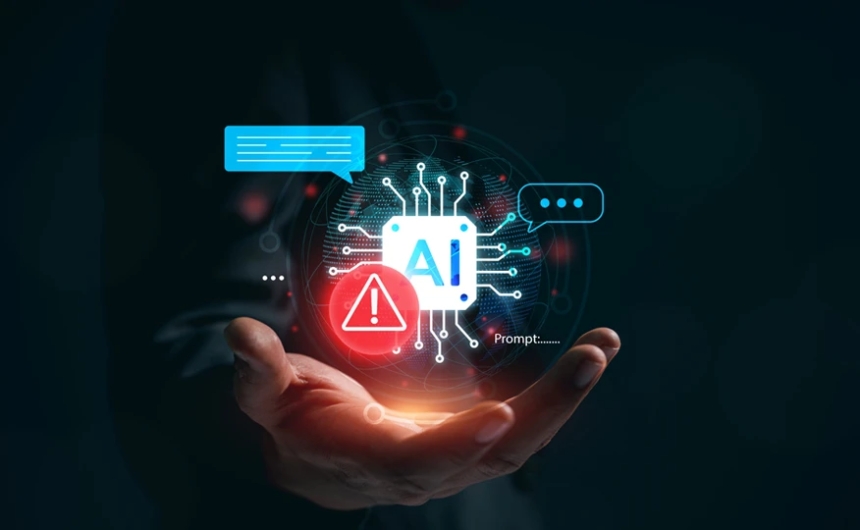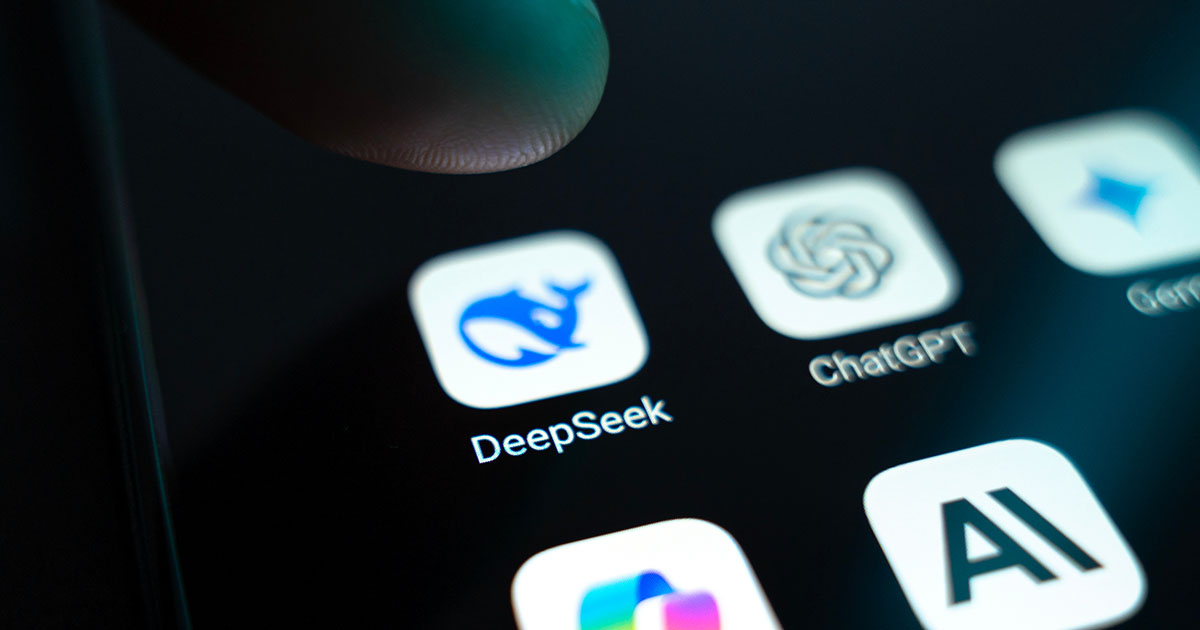
Artificial Intelligence (AI) has revolutionized daily life — from how we shop online to how we navigate our cities. Yet behind its convenience lies a growing concern: Who really owns your data in the age of AI?
Every click, search, and voice command adds to a digital profile about you. This information powers AI systems that make our devices smarter — but also makes your personal life more transparent than ever before. Understanding how AI collects and uses this data is essential if you want to protect your privacy in a hyper-connected world.
AI thrives on data — it’s the fuel that helps algorithms learn and improve. But this process often involves collecting more personal information than users realize.
Voice assistants like Alexa and Siri constantly analyze your speech patterns. Even when not triggered, they can record fragments of conversations, which are later reviewed to enhance AI understanding.
AI facial recognition tools are now embedded in smartphones, shopping centers, and security cameras. These systems capture biometric data that can identify individuals instantly — often stored for years.
Your searches, clicks, and scrolls are analyzed by AI models that predict your next move. Whether it’s an ad or a video recommendation, these systems tailor your digital experience while quietly collecting data about your behavior.
Your data doesn’t stay in one place. Many apps share it with third parties — advertisers, analytics firms, or data brokers — creating vast, invisible networks of information exchange.
The biggest problem with AI-driven data collection is that much of it happens silently. Here are the hidden dangers:
Loss of Control: Once uploaded, your data can be stored indefinitely, used to train future algorithms, and nearly impossible to delete.
Behavioral Profiling: AI models can predict — and influence — your choices, from shopping habits to political opinions.
Bias and Discrimination: Algorithms trained on biased data can perpetuate unfair outcomes in hiring, banking, and policing.
Surveillance: Both corporations and governments use AI for mass monitoring, often under the guise of safety.
Cyberattacks: Centralized AI databases are lucrative targets for hackers who sell personal information on the dark web.
While you generate your personal data, ownership and control often shift to the companies processing it.
Most digital platforms’ “terms of service” agreements grant them broad rights to analyze and monetize your information. In reality, your data fuels AI development and profit — while your control over it shrinks.
This imbalance raises ethical and legal questions:
Should individuals have the right to data ownership? And should companies be forced to disclose exactly how your information is used to train AI models?
You don’t need to abandon technology — you just need to use it smarter. Here’s how to take control of your digital footprint:
Search your name online to see what’s public.
Delete unused apps, accounts, or online profiles.
Use data removal tools like DeleteMe or Incogni.&v=999970974299)
Revoke app permissions for camera, microphone, and location access.
Disable personalized ads in Google, Apple, and Facebook settings.
Turn off “activity tracking” in AI-driven devices.
Use a VPN to hide your IP and encrypt browsing activity.
Try Brave or Firefox browsers for automatic tracker blocking.
Search with DuckDuckGo to avoid stored search histories.
Enable two-factor authentication (2FA) for all logins.
Store passwords in encrypted password managers.
Avoid public Wi-Fi without a VPN connection.
Avoid uploading personal images or confidential data to AI chatbots.
Research what permissions AI tools request before using them.
Prefer apps that clearly state how and when your data will be deleted.

Follow reliable privacy sources like the Electronic Frontier Foundation (EFF) and Privacy International.
Read about new AI privacy laws like the EU AI Act or CCPA.
Teach friends and family about responsible AI usage.
AI’s potential is undeniable — but unchecked data collection undermines trust. The solution lies in creating ethical AI systems built on transparency, consent, and accountability.
Governments are beginning to enforce stricter data protection laws, yet individual awareness remains the strongest defense. The more we understand how our data is used, the more control we regain over our digital lives.
Artificial Intelligence can make life smarter, faster, and easier — but it shouldn’t come at the cost of privacy. As AI continues to shape the modern world, it’s up to each of us to decide how much of ourselves we’re willing to share.
Protecting your privacy isn’t paranoia — it’s empowerment. Because in today’s AI-driven era, your data is your most valuable asset. Guard it wisely.
 Like
0
Like
0
 Dislike
0
Dislike
0
 Love
0
Love
0
 Funny
0
Funny
0
 Angry
0
Angry
0
 Sad
0
Sad
0
 Wow
0
Wow
0